Triathlon Training for Beginners
Participating in a triathlon is a true test of physical and mental endurance. You have to swim, bike, and run in a given amount of time, all in the same day! To succeed in this demanding sport, it's important to follow a well-rounded training program that focuses on increasing endurance, speed, and strength. Especially if you are a beginner.
There are 3 main keys to building the physical + mental strength and endurance it takes to complete a triathlon:
- Have a consistent and progressive training program
- Have a balanced nutrition plan
- Add cross-training to your routine
By adding these 3 keys to your training, you can optimize your performance and get across the finish line strong!
Key #1: Consistent and Progressive Training
Consistency is the fruit of the tree of success. What does a consistent training program look like for a beginner triathlete? A consistent training program looks like regular workouts, scheduled rest days, and gradual progression to avoid burning out. By gradually increasing the duration and intensity of training sessions, you will begin to build strength, speed, and endurance over time. Having scheduled rest days also allows your body to rest and your muscles to repair.
.jpg)
For example, you may start with shorter workouts with lower intensity and gradually build the intensity and duration. This allows your body to adapt and become more efficient, strong, and ready for a triathlon.
Success is the sum of small efforts, repeated day in and day out.
Key #2: Balanced nutrition
.jpg)
Nutrition plays a crucial role in maximizing performance and aiding in recovery. A well-balanced diet that includes a variety of nutrient-dense foods is essential for any training program, especially triathlons. Consuming adequate carbs, proteins, and healthy fats provides the necessary fuel for training and helps repair and rebuild muscles.
For example, complex carbs like whole grains and fruits consumed before training sessions can help provide sustained energy. Lean proteins like chicken or fish, or quinoa if you have a plant-based diet, will help aid in muscle repair and recovery.
Hydration is also vital as dehydration can significantly impact performance and training. Drinking enough water and electrolyte-rich fluids before, during, and after training sessions is essential for highest performance.
Key #3: Cross-Training
You may be thinking, if I'm participating in a triathlon, I should only focus on running, biking, and swimming, right? Well, yes and no. Focusing on building strength and endurance in these movements is important, but so is training the muscles that complement these movements.
Cross-training involves engaging in different activities that complement triathlon training. For example, adding days where you lift weights or participate in bodyweight exercises like group fitness classes.

Training for a triathlon requires a holistic approach that focuses on increasing endurance, speed and strength. By adding consistent and progressive training, engaging in cross training activities, and maintaining a balanced diet, your overall training will improve and so will your triathlon finish time!
